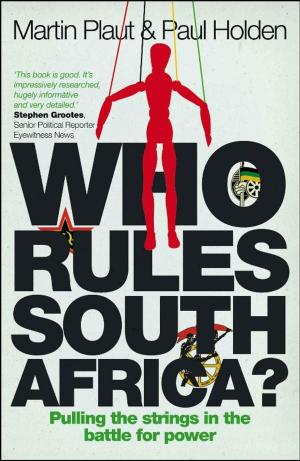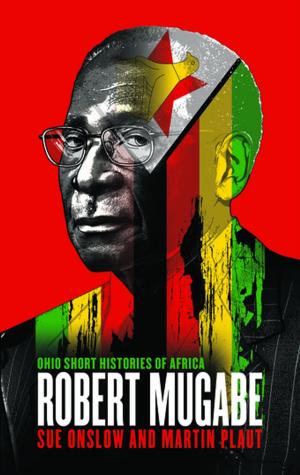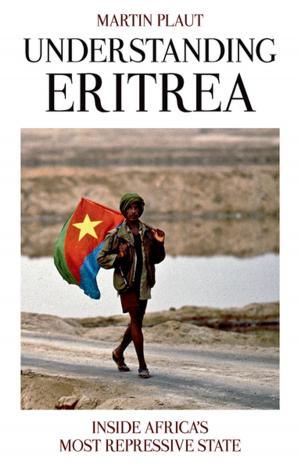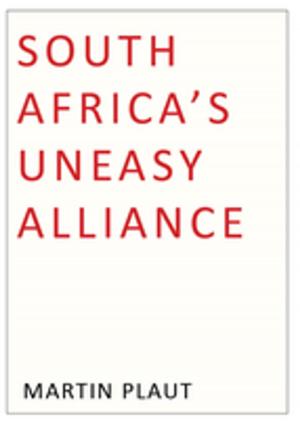Martin Plaut: 5 books
Who Rules South Africa?
Pulling the strings in the battle for power
Language: English
Release Date: June 14, 2012
In this timely work, WHO RULES SOUTH AFRICA?, highly regarded authors Paul Holden and Martin Plaut analyse the political elites that battle daily for power in South Africa. They argue that power does not reside in traditional institutions such as Parliament or even the Cabinet. Rather, power lies...
by Sue Onslow, Martin Plaut
Language: English
Release Date: March 5, 2018
Language: English
Release Date: March 5, 2018
Zimbabwe’s President Robert Mugabe sharply divides opinion and embodies the contradictions of his country’s history and political culture. As a symbol of African liberation and a stalwart opponent of white rule, he was respected and revered by many. This heroic status contrasted sharply, in the...
Fighting for Britain
African Soldiers in the Second World War
Language: English
Release Date: February 18, 2010
During the Second World War over half-a-million African troops served with the British Army as combatants and non-combatants in campaigns in the Horn of Africa, the Middle East, Italy and Burma - the largest single movement of African men overseas since the slave trade. This account, based mainly...
Understanding Eritrea
Inside Africa's Most Repressive State
Language: English
Release Date: February 1, 2017
The most secretive, repressive state in Africa is hemorrhaging its citizens. In some months as many Eritreans as Syrians arrive on European shores, yet the country is not convulsed by civil war. Young men and women risk all to escape. Many do not survive - their bones littering the Sahara; their bodies...
by Martin Plaut
Language: English
Release Date: October 31, 2012
Language: English
Release Date: October 31, 2012
The communist party in South Africa began as a revolutionary movement. In exile in the 1960s and 1970s it took on significance its numbers never warranted through its relationship with the Soviet Union and the weapons it brought to the armed struggle. Today it worries that it has been absorbed into...




